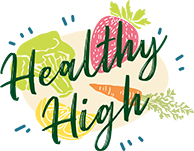Power your gut with Probiotics

7 Anti-Inflammatory Foods I Eat Everyday
May 13, 2020
Prebiotics- The “Gut Fertilizer”
May 20, 2020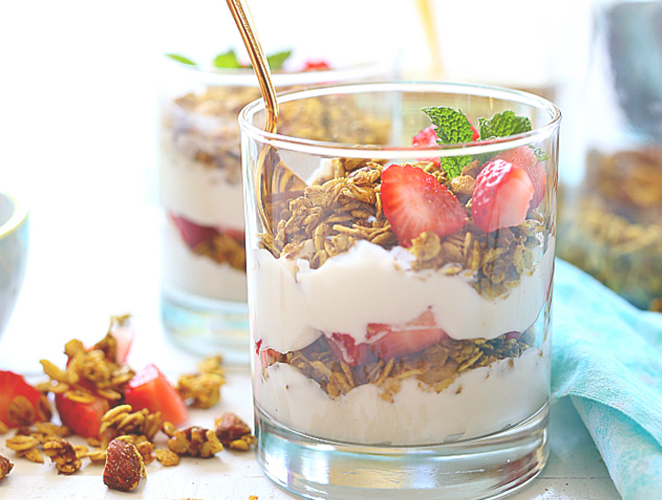
Power your gut with Probiotics
Probiotics are live microorganisms (bacteria) that live in your body naturally and help your intestines break down food. Probiotics that are the same or very similar to the ones that your body makes can be taken to supplement healthy digestion.
When you loose "good" bacteria in your body, for example after you take antibiotics, probiotics can help replace them. They help balance the gut microflora to keep your body working the way it should.
Now, naturally you would have questions popping up in your head. So let me simplify by answering two common questions that you might have right now -
1.Why do I need probiotics and how would they help me?
Probiotics improve digestive health, reduce depression and promote heart health.- Irritable bowel syndrome
- Inflammatory bowel disease (IBD)
- Infectious diarrhea (caused by viruses, bacteria, or parasites)
- Diarrhea caused by antibiotics
- Skin conditions, like eczema
- Urinary and vaginal health
- Preventing allergies and colds
- Oral health
2. Where can I find probiotics?
Probiotics improve digestive health, reduce depression and promote heart health.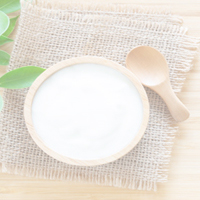
Yogurt
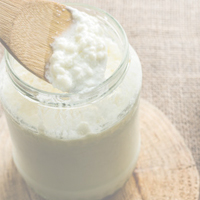
Kefir
Kefir is a fermented milk drink made by adding kefir grains to cow's or goat's milk. It is a better source of probiotics than yogurt, and people with lactose intolerance can often drink kefir with no problems.
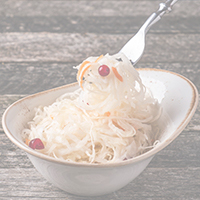
Sauerkraut
Sauerkraut is finely cut, fermented cabbage. It is rich in vitamins, minerals and antioxidants. Make sure to choose unpasteurized brands that contain live bacteria.
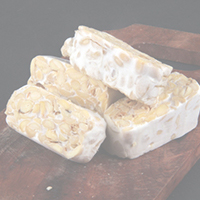
Tempeh
Tempeh is a fermented soybean product that serves as a popular, high-protein substitute for meat. It contains a decent amount of vitamin B12, a nutrient found mainly in animal products.

Kimchi
Kimchi is a spicy Korean side dish, usually made from fermented cabbage. Its lactic acid bacteria may benefit digestive health.
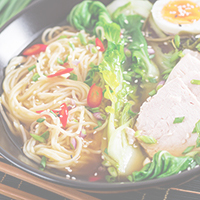
Miso
Miso - is a fermented soybean paste and a popular Japanese seasoning. It is rich in several important nutrients and may reduce the risk of cancer and stroke, especially in women.
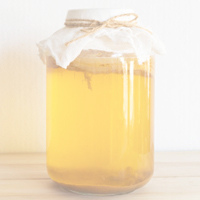
Kombucha
Kombucha is a fermented black or green tea drink. It is fermented by a friendly colony of bacteria and yeast. It is claimed to have a wide range of health benefits, but more research is needed.

Pickles
Pickles are cucumbers that have been pickled in salty water and fermented. They are low in calories and high in vitamin K. However, pickles made using vinegar do not have probiotic effects.
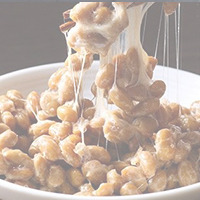
Natto
It is a fermented soy product that is a staple in Japanese cuisine. It contains a high amount of vitamin K2, which may help prevent osteoporosis and heart attacks.
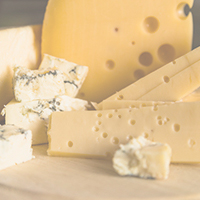
Cheese
Only some types of cheese including cheddar, mozzarella and gouda — contain probiotics. Cheese is very nutritious and may benefit heart and bone health.
